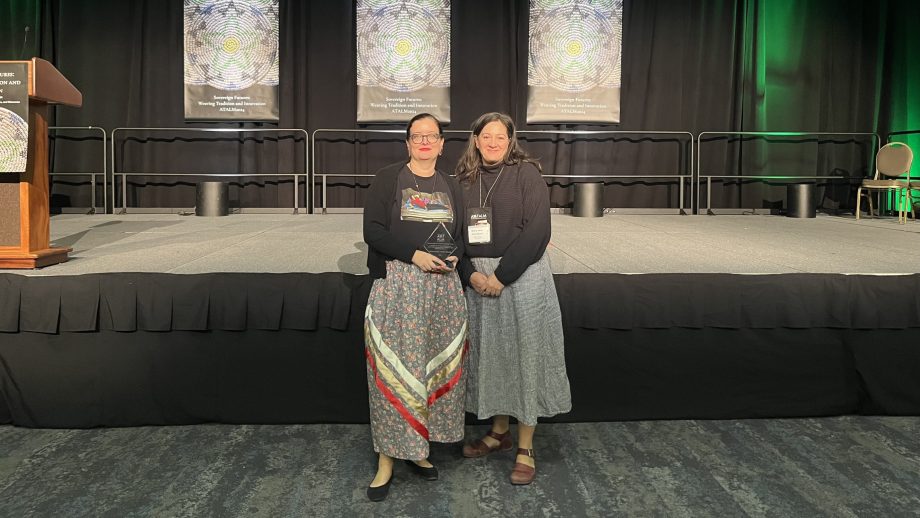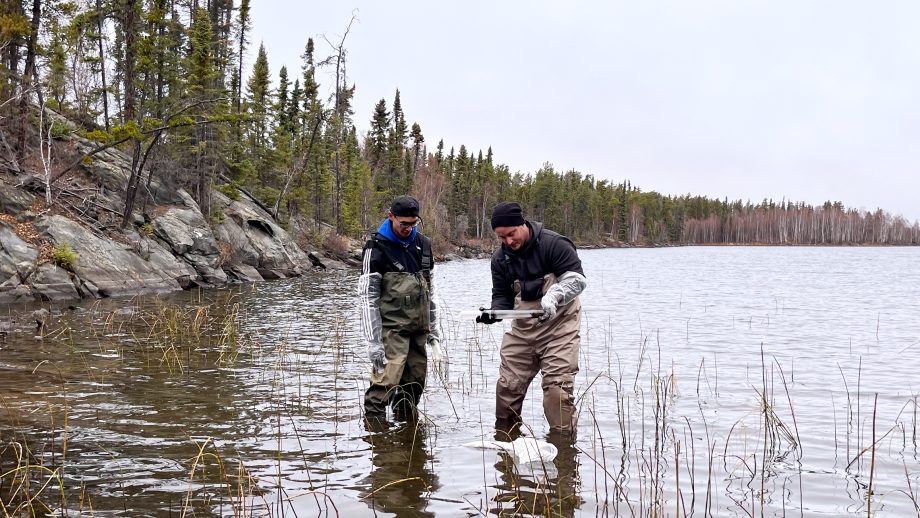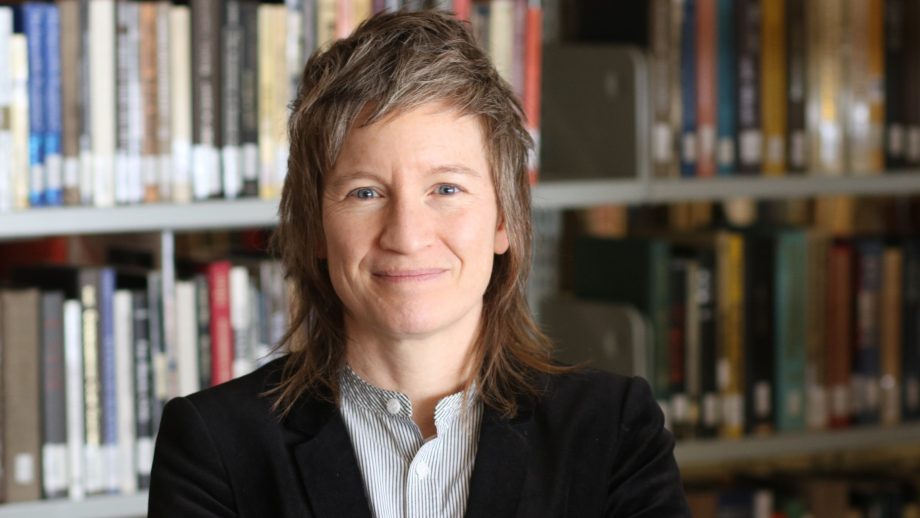Dr. Ryan Bullock’s research to better understand the dynamics of environmental resource governance systems has received new funding from the federal government.
Rather than just looking at government decision making, you need to look at all of the partners and the whole constellation of actors around that decision-making table to really try to understand and explain how visions are made.
Dr. Ryan Bullock
His Tier II Canada Research Chair in Human-Environment Interactions status has been renewed for a five-year term at $500,000.
“For over two decades, The University of Winnipeg has increased its number of Canada Research Chairs. This growth has resulted in significant gains in research activities among chair holders,” said Dr. Jino Distasio, Vice-President of Research and Innovation. “Dr. Bullock’s renewal ensures his impressive research will continue to be supported by the CRC Program. His contribution to knowledge and the development of a research centre on campus has created the necessary infrastructure to support the numerous partnership opportunities for students and communities to engage in leading research. It really is a great announcement that reflects Dr. Bullock’s work and commitment to supporting community capacity.”
Using a transdisciplinary approach, Dr. Bullock’s team examines new models for cross-cultural collaboration and their linkages to the adaptive capacity, innovation, and learning needed to navigate environmental and social change.
“We’re learning more about community capacity building mainly within our governance systems and the way we organize ourselves,” Dr. Bullock, who is an Associate Professor in the Department of Environmental Studies and Sciences, explained. “Rather than just looking at government decision making, you need to look at all of the partners and the whole constellation of actors around that decision-making table to really try to understand and explain how visions are made.”
By examining how Indigenous and non-Indigenous communities, governments, and firms perceive, innovate, and adapt to social-ecological changes, the research will help develop policy and train local leaders to sustainably co-manage Canada’s northern regions.
Meet UWinnipeg’s Canada Research Chairs
The University of Winnipeg’s eight Canada Research Chairs are world-class scientists and scholars from diverse backgrounds who are working on new discoveries and innovations that help our environment, health, communities, and economy thrive:
Dr. Jeff Martin (Awarded 2011, Renewed 2018)
Tier 1 Canada Research Chair in Fundamental Symmetries in Subatomic Physics.
Dr. Christopher Wiebe (Awarded 2012, Renewed 2017)
Tier 2 Canada Research Chair in Quantum Materials Discovery
Dr. Angela Failler (Awarded 2016, Renewed 2021)
Tier 2 Canada Research Chair in Culture and Public Memory
Dr. Ryan Bullock (Awarded 2017, Renewed 2022)
Tier 2 Canada Research Chair in Human-Environment Interactions
Dr. Jaime Cidro (Awarded 2018)
Tier 2 Canada Research Chair in Health & Culture
Dr. Mary Jane Logan McCallum (Awarded 2018)
Tier 2 Canada Research Chair in Indigenous People, History and Archives
Dr. Nora Casson (Awarded 2019)
Tier 2 Canada Research Chair in Environmental Influences on Water Quality
Dr. Julie Nagam (Awarded 2019)
Tier 2 Canada Research Chair in Indigenous Arts, Collaboration and Digital Media
The Canada Research Chairs Program enhances research excellence in Canada in the humanities, social sciences, health sciences, natural sciences, and engineering. The program is a Tri-Agency initiative of the Social Sciences and Humanities Research Council, the Natural Science and Engineering Research Council, and the Canadian Institute of Health Research.





